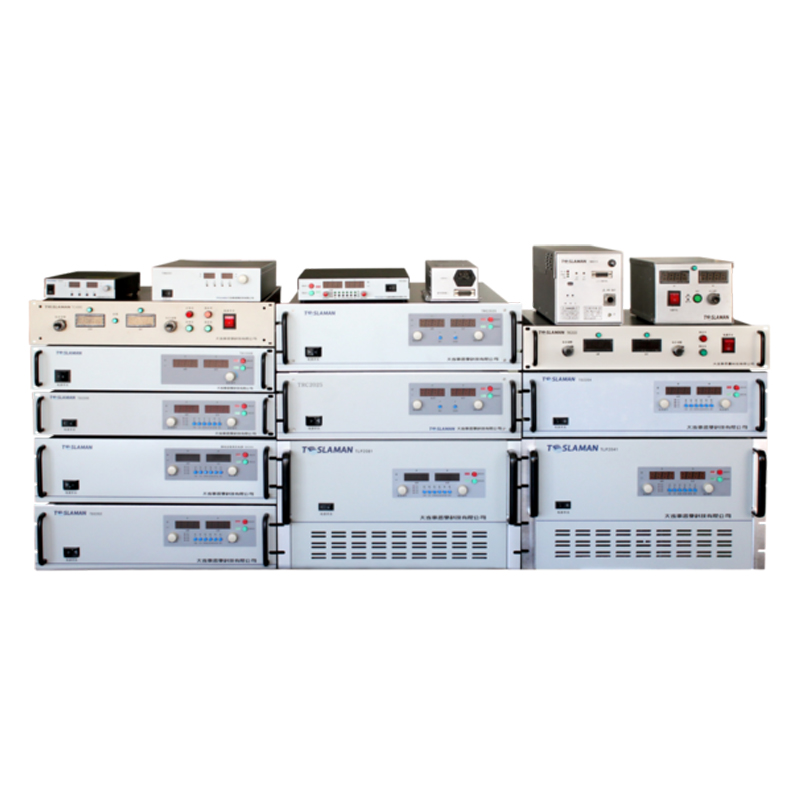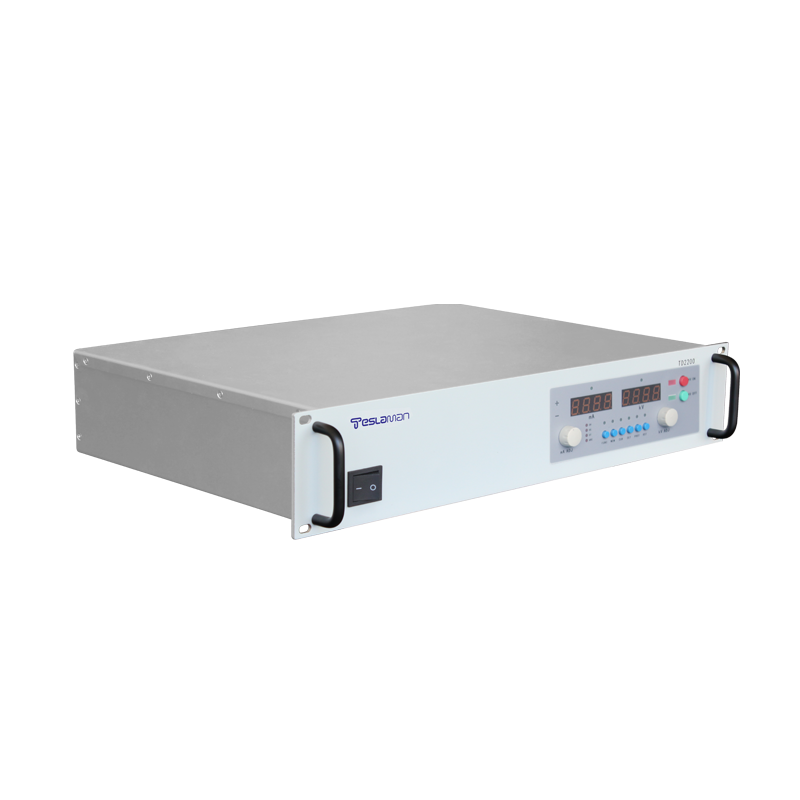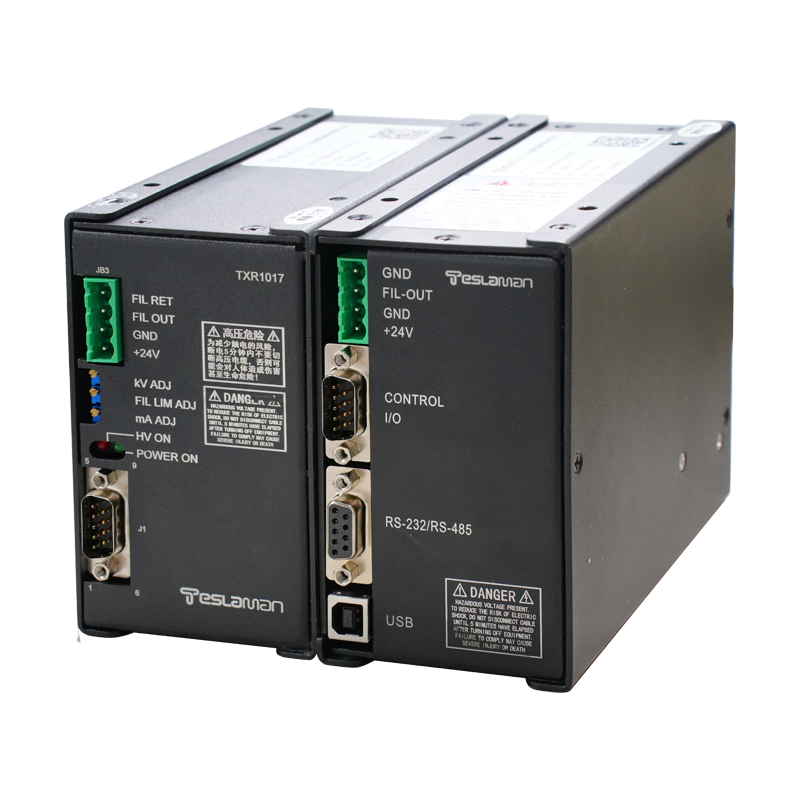Application and Efficiency Evaluation of High-Voltage AC Power Supply Systems in Power Electronic Device Testing
I. Introduction
With the rapid development of power electronics technology, power electronic devices have been widely used in various fields. In order to ensure the performance and reliability of these devices, strict testing is essential. In power electronic device testing, the high-voltage AC power supply system, as a key equipment, has become a research hotspot in terms of its application and efficiency evaluation. This article will explore the application of high-voltage AC power supply systems in power electronic device testing and their efficiency evaluation methods from a professional perspective.
II. Overview of High-Voltage AC Power Supply Systems
A high-voltage AC power supply system is a device that can provide high voltage and large current AC power. It converts the input low voltage into the required high-voltage AC through components such as step-up transformers, rectifiers, and filters to meet the testing needs of different power electronic devices. High-voltage AC power supply systems have the advantages of a wide range of output voltages, high stability, and fast response speed, so they are widely used in power electronic device testing.
III. Application of High-Voltage AC Power Supply Systems in Power Electronic Device Testing
1. Insulation Performance Testing: Power electronic devices need to withstand high voltages during operation, so it is crucial to test their insulation performance. The high-voltage AC power supply system can provide the high voltage required for insulation performance testing. By measuring parameters such as leakage current and dielectric loss at different voltages, the insulation performance can be evaluated.
2. Withstand Voltage Testing: Withstand voltage testing is a crucial link to verify whether power electronic devices can work normally under rated voltage. The high-voltage AC power supply system can simulate the high-voltage environment under actual working conditions to perform withstand voltage testing on devices, ensuring their reliability and stability in practical applications.
3. Electromagnetic Compatibility (EMC) Testing: Power electronic devices generate electromagnetic interference during operation and are also affected by external electromagnetic interference. The high-voltage AC power supply system can provide interference sources in EMC testing, simulating the actual electromagnetic interference conditions to evaluate the device's anti-interference ability.
IV. Efficiency Evaluation of High-Voltage AC Power Supply Systems
1. Output Voltage Stability: The output voltage stability of the high-voltage AC power supply system is an important indicator for evaluating its efficiency. By measuring parameters such as the fluctuation range and ripple coefficient of the output voltage, the stability of the power supply system can be evaluated, which in turn affects the accuracy of the device test results.
2. Response Speed: The response speed of the high-voltage AC power supply system determines whether it can quickly adjust the output voltage when the load changes suddenly. Fast response speed helps improve test efficiency and reduce test time. The response speed of the power supply system can be evaluated through step response experiments.
3. Energy Efficiency Ratio: The energy efficiency ratio refers to the ratio of the output power of the high-voltage AC power supply system to the input power, reflecting the energy conversion efficiency of the power supply system. A high energy efficiency ratio means less energy waste, which is beneficial to reduce testing costs. The efficiency of the power supply system can be evaluated by measuring the input and output power and calculating the energy efficiency ratio.
V. Conclusion
High-voltage AC power supply systems play an important role in power electronic device testing, and their application and efficiency evaluation are of great significance for ensuring device performance and reliability. In the future, with the further development of power electronics technology, high-voltage AC power supply systems will play a key role in more fields, and their efficiency evaluation methods will continue to develop and improve.




















